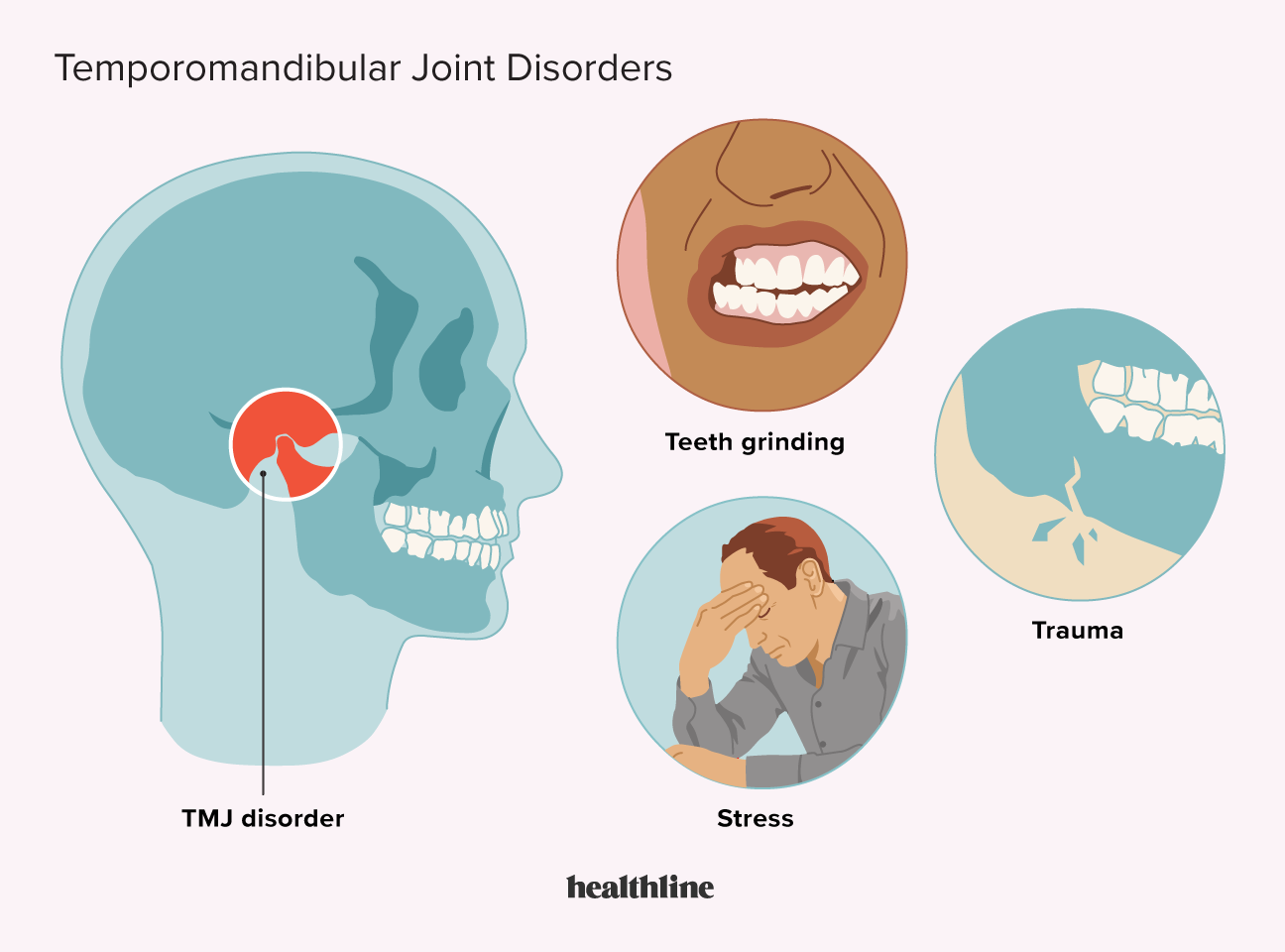What is TMJ?
The temporomandibular joint (TMJ) is the joint that connects your mandible (lower jaw) to your skull. The joint can be found on both sides of your head in front of your ears. It allows your jaw to open and close, letting you speak and eat.

When this joint does not work properly, it can cause pain and discomfort, and this is known as TMJ disorder or TMD. Symptoms of TMD can include jaw pain or stiffness, a popping or clicking sound when you open or close your mouth, and difficulty opening or closing your mouth. The causes of TMD can vary and can include problems with the jaw joint, the muscles that control the jaw, or problems with the teeth. TMD can be treated with physical therapy, medication, and in some cases, surgery.
These disorders can cause:- tenderness at the joint
- facial pain
- difficulty moving the joint
What are the symptoms of TMJ disorders?
The side effects of TMJ issues rely upon the seriousness and reason for your condition. The most widely recognized side effect of TMJ problems is torment in the jaw and encompassing muscles.
As per the 2021 exploration Trusted Source, different side effects regularly connected with these problems include:
- pain that can be felt in the face or neck
- limited movement of the jaw
- stiffness in the muscles of the jaw
- clicking or popping sound from the TMJ site
- locking of the jaw
- dental issues, such as the wearing down of teeth
- tinnitus (ringing in the ear)
- vertigo
- headaches
- shift in the jaw, changing the way that the upper and lower teeth align (called malocclusion)